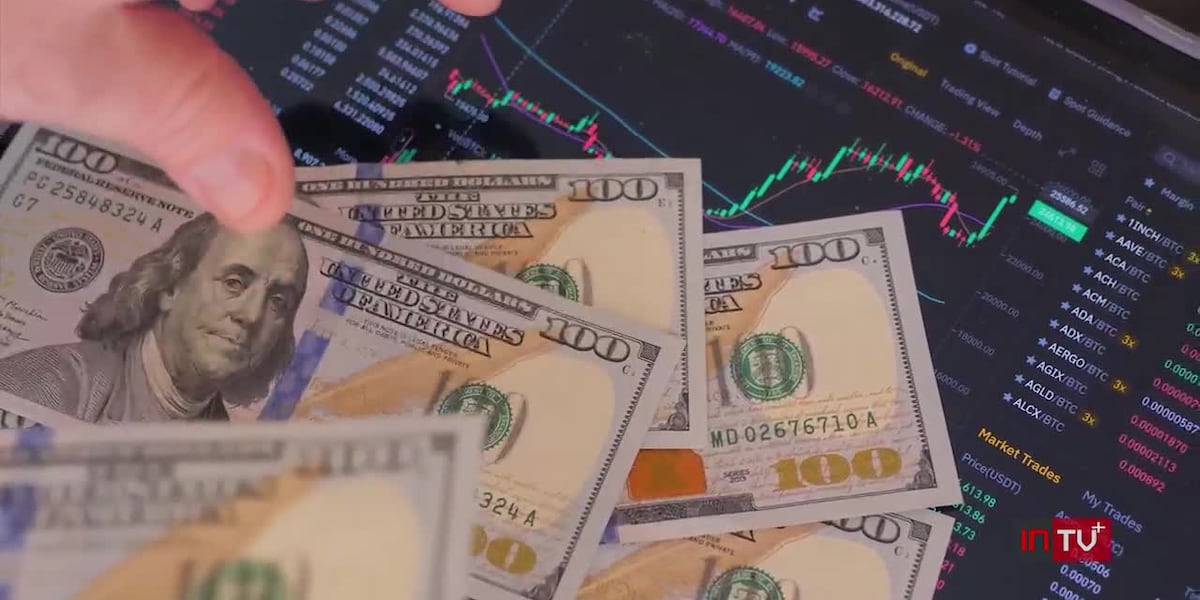Blockchain Revolution: Stuttgart Exchange Unit Clinches Green Light for Swiss Trading Platform

Switzerland's financial landscape is set to embrace cutting-edge technology as FINMA, the country's financial market regulator, has officially approved a groundbreaking blockchain-based trading system. BX Digital, the Swiss subsidiary of the Stuttgart Stock Exchange, has been granted a crucial license to operate its innovative digital trading platform, marking a significant milestone in the nation's financial technology evolution.
The approval signals Switzerland's continued commitment to positioning itself at the forefront of blockchain and digital finance innovation. By providing regulatory approval to BX Digital, FINMA demonstrates its openness to emerging financial technologies while maintaining robust oversight and investor protection standards.
This development not only highlights Switzerland's progressive approach to financial technology but also reinforces the country's reputation as a global hub for financial innovation and digital transformation. The new blockchain-based trading system promises to bring enhanced efficiency, transparency, and security to financial transactions.








